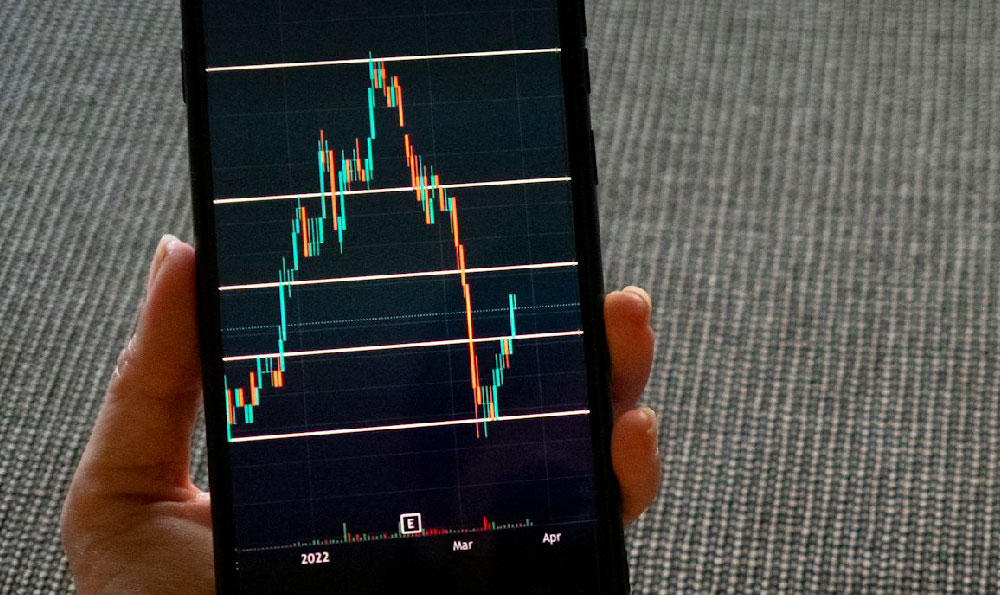Elon Musk's wealth accumulation is a multifaceted phenomenon, deeply intertwined with his entrepreneurial ventures and strategic financial decisions. Understanding how he earns and where his money originates requires dissecting his ownership stakes in various companies, his compensation structures, and the appreciation of his assets.
At the core of Musk's fortune lies his ownership in Tesla, the electric vehicle and clean energy giant. A significant portion of his wealth is tied to the stock performance of Tesla. Instead of drawing a large traditional salary, Musk's compensation package at Tesla primarily consists of stock options tied to ambitious performance milestones. This innovative approach aligns his interests with those of the shareholders, incentivizing him to drive significant growth and profitability for the company. When Tesla achieves specific market capitalization and operational targets, Musk vests these stock options, allowing him to purchase shares at a predetermined price, which is typically significantly lower than the market value at the time of vesting. The difference between the purchase price and the market value represents a substantial gain, contributing immensely to his net worth. Crucially, these options don't automatically translate to cash. He has to exercise them and often sell the acquired shares to realize the gains, which in turn gets taxed.
Beyond Tesla, Musk's ownership in SpaceX, the aerospace manufacturer and space transportation services company, is another crucial component of his wealth. SpaceX, being a privately held company, operates differently from Tesla in terms of stock market valuation and liquidity. However, SpaceX's successful launches, lucrative contracts with NASA and other entities, and continuous technological advancements have steadily increased its valuation. While Musk doesn't frequently sell his SpaceX shares, the company's increasing valuation contributes to his overall net worth. The value of SpaceX is determined through infrequent funding rounds where new investors buy shares. Each funding round helps establish a new "paper" valuation. It is worth noting that liquidity is limited in private companies, making converting this wealth into cash more difficult.

While Tesla and SpaceX are the primary drivers of Musk's wealth, he also holds equity in other ventures, including Neuralink, a neurotechnology company developing implantable brain-machine interfaces, and The Boring Company, a tunneling and infrastructure company. These companies, while not yet at the scale of Tesla and SpaceX, contribute to his overall portfolio and potential future earnings. The long-term potential of these ventures remains to be seen, but their existence further diversifies Musk's asset base.
Furthermore, Musk’s investment strategies, though not always publicly disclosed, likely involve a mix of traditional and alternative investments. He has publicly expressed interest in cryptocurrencies, particularly Bitcoin and Dogecoin, and his endorsements have often influenced their market prices. Whether these are long-term strategic investments or shorter-term speculative plays is difficult to ascertain, but they undoubtedly contribute to the fluctuations in his net worth. These investments should be considered as a riskier part of his portfolio, given the volatile nature of the cryptocurrency market.
In understanding Musk's financial landscape, it's also crucial to consider his borrowing practices. He has often used his stock holdings as collateral to secure loans. This strategy allows him to access capital without selling his shares, potentially avoiding capital gains taxes and maintaining control over his companies. However, this strategy carries inherent risks. If the value of the underlying stock declines significantly, he could face margin calls and be forced to sell shares to cover the debt. The loan-to-value ratio and interest rates on these loans are crucial factors influencing the effectiveness of this financial strategy.
One must remember that Musk’s net worth is not a static figure. It fluctuates daily based on the stock market performance of Tesla, the perceived value of SpaceX, and his other investments. Market sentiment, economic conditions, and company-specific news all play a role in shaping these valuations.
Therefore, Elon Musk's wealth isn't simply "earned" in the traditional sense of receiving a salary. It's primarily derived from the appreciation of his equity holdings in companies he founded and leads, driven by their innovation, growth, and market success. His compensation structure, tied to performance milestones, incentivizes him to maximize shareholder value. His strategic use of debt, backed by his assets, allows him to leverage his wealth and invest in new ventures. Finally, his forays into alternative investments like cryptocurrency, while potentially lucrative, add another layer of complexity and risk to his financial profile. His money, therefore, primarily comes from the successful navigation of the complex interplay between technological innovation, business acumen, and financial markets. His wealth is a testament to his ability to envision and execute ambitious projects, creating significant value for shareholders and reshaping industries in the process.












